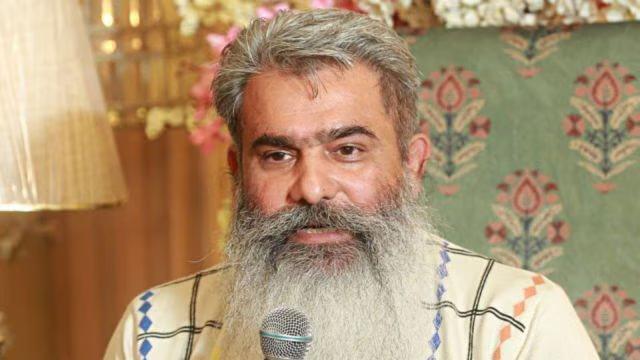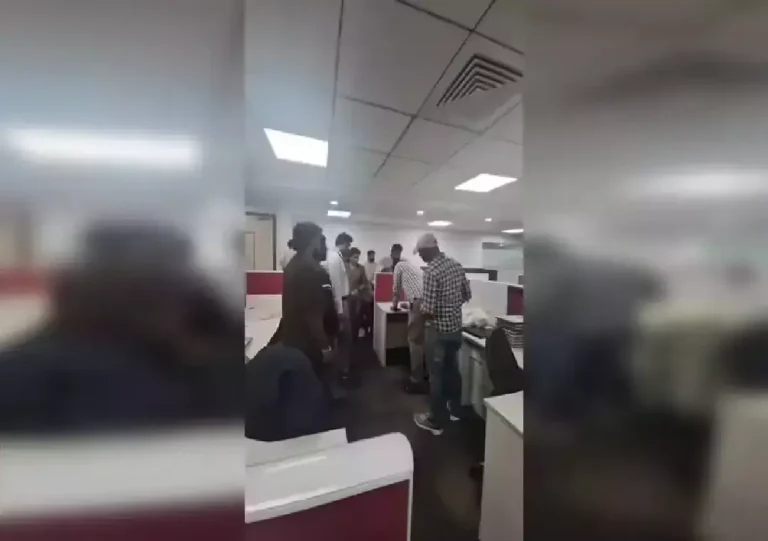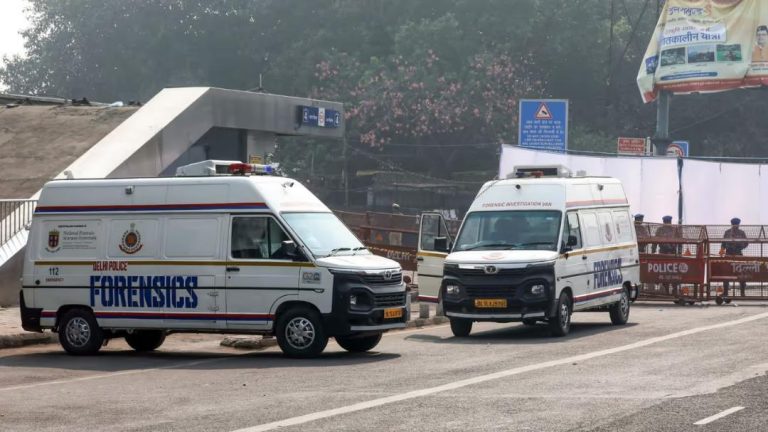
Ashu & 2 Others Resign as Congress Loses Ludhiana West By-Election
In a significant development, Bharat Bhushan Ashu, the Congress’s candidate for the recently concluded Ludhiana West by-election, has taken responsibility for the party’s loss and resigned from the post of Working President of the Punjab Pradesh Congress Committee (PPCC). Ashu’s resignation has been followed by that of two other senior leaders, MLA Pargat Singh and former MLA Kushaldeep Singh (Kikki Dhillon), who are also PPCC’s vice presidents. The sudden resignations have sent shockwaves across the state’s political landscape, with many questioning the future of the Congress party in Punjab.
The Ludhiana West by-election was seen as a test of the Congress party’s popularity in the state, particularly in the wake of the recent Assembly elections. The party had high hopes of winning the seat, given its strong presence in the area and the fact that the by-election was being held due to the resignation of an elected MLA. However, the Congress candidate, Bharat Bhushan Ashu, lost the election to the Shiromani Akali Dal’s (SAD) Simarjit Singh Bains by a margin of over 10,000 votes.
The defeat has been widely seen as a setback for the Congress party, which has been struggling to regain its lost ground in Punjab. The party had been hoping to use the by-election to reassert its dominance in the state, particularly in urban areas like Ludhiana. However, the result has dealt a significant blow to its confidence and has raised questions about its ability to connect with voters.
In the aftermath of the defeat, Ashu took responsibility for the party’s loss and resigned from his post as Working President of the PPCC. He said that he had tried his best to win the election, but ultimately, the responsibility lay with him. Ashu’s resignation was followed by that of Pargat Singh and Kushaldeep Singh, who are also PPCC’s vice presidents. The two leaders had been prominent campaigners for Ashu during the election and had stood by him throughout the campaign.
The sudden resignations have sparked a debate about the future of the Congress party in Punjab. Many have questioned whether the party has the leadership and organizational capabilities to regain its lost ground in the state. The SAD, which won the by-election, has been quick to capitalize on the Congress’s defeat, with its leader, Sukhbir Singh Badal, saying that the result was a reflection of the people’s rejection of the Congress’s policies.
The resignation of Ashu and the other leaders is also seen as a sign of the internal fissures within the Congress party. There have been reports of differences between the party’s state leadership and the central leadership, with some leaders feeling that the party’s strategy in the by-election was flawed. The resignation of Ashu and the other leaders may be seen as a way of passing the buck and avoiding responsibility for the party’s defeat.
However, the Congress party’s loss in the Ludhiana West by-election is not the only challenge it faces in Punjab. The party has been struggling to regain its lost ground in the state, particularly in the wake of the recent Assembly elections. The SAD and the Bharatiya Janata Party (BJP) have been gaining ground in the state, and the Congress party has been finding it difficult to compete with them.
In the coming days, the Congress party will need to regroup and re strategize if it wants to regain its lost ground in Punjab. The party will need to address the internal fissures that have been exposed by the resignation of Ashu and the other leaders and will need to develop a new strategy to connect with voters. The party will also need to address the issues that have been raised by the by-election result, including the need for greater accountability and transparency in its leadership.
In conclusion, the resignation of Ashu and the other leaders is a significant development in the political landscape of Punjab. The Congress party’s loss in the Ludhiana West by-election is a setback for the party, but it also presents an opportunity for the party to regroup and re strategize. The party will need to address the internal fissures that have been exposed by the resignation of its leaders and will need to develop a new strategy to connect with voters. The future of the Congress party in Punjab is uncertain, but one thing is clear: the party will need to adapt and innovate if it wants to regain its lost ground in the state.
Source:






